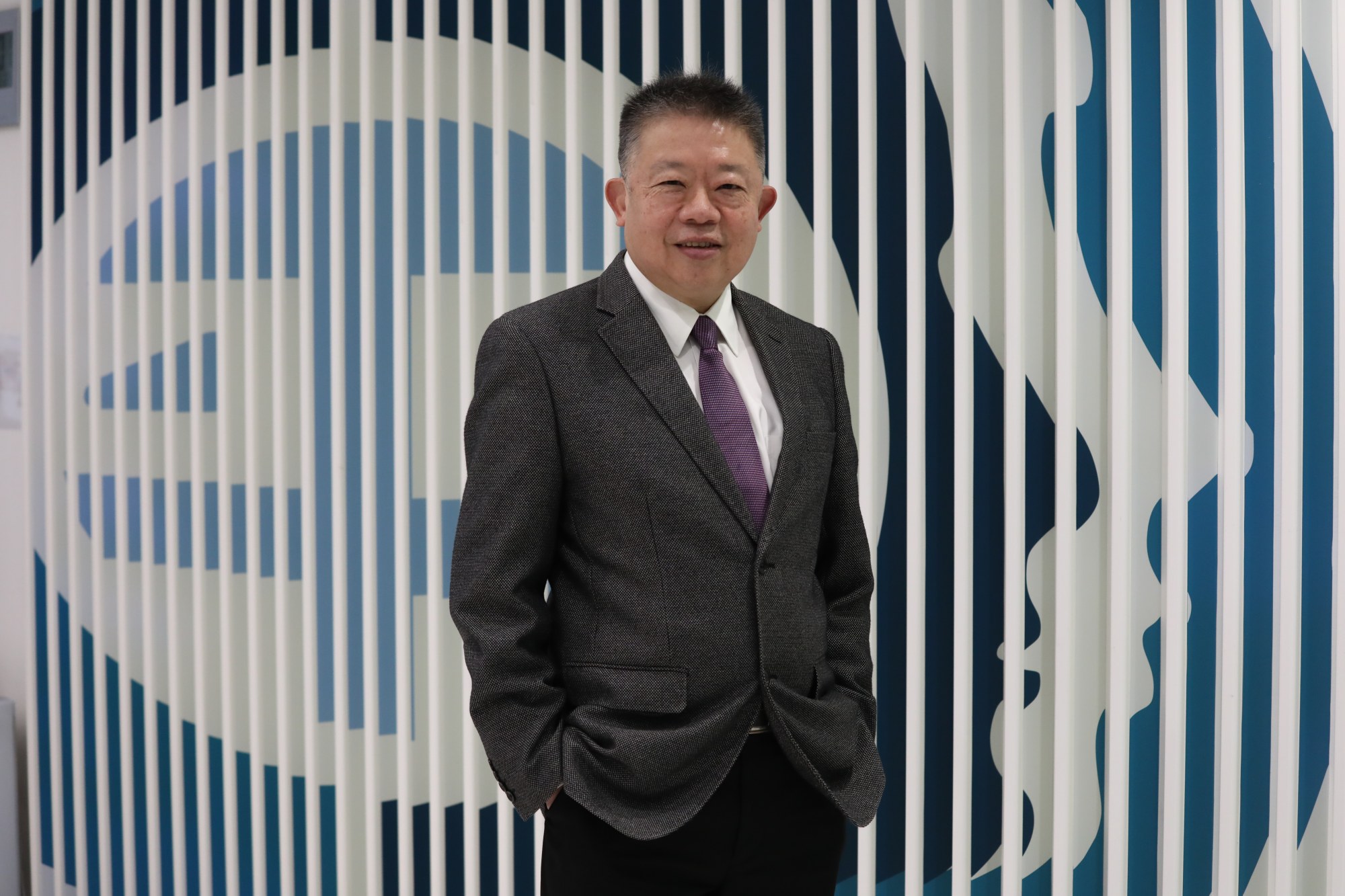
Hong Kong considering changes to sexual harassment laws to cover school activities after alleged rapes, assaults at university camps, equality watchdog says
- Ricky Chu, who chairs Equal Opportunities Commission, says proposals made for loopholes that stop lawsuits being brought over school activities
- Move comes after spate of alleged rapes and assaults at several university orientation camps, which have resulted in three men being arrested
Hong Kong is considering amending sexual harassment laws to cover behaviour reported during varsity activities after allegations of rapes and assaults at several university orientation camps, the equality watchdog has said.
Ricky Chu Man-kin, who chairs the Equal Opportunities Commission, on Sunday said the watchdog had proposed changes to the Sex Discrimination Ordinance to fix a loophole that prevented sexual harassment lawsuits from being brought against students participating in some of the activities at the camps.
“For example, bringing people’s lips closely together and having a girl wear very light-coloured clothes, getting her wet and not allowing her to get changed – these cases may not have reached the level of a criminal offence,” Chu said in a televised interview.
Hong Kong man, 28, arrested over spate of sex crimes targeting varsity students
The ordinance regulates establishments such as the government, workplaces and education institutions. It sets out legal guidelines for protecting work colleagues against gender-based discrimination, but does not cover activities between student peers.
Police recently arrested three students, who were all men and aged 20, 22 and 28, for offences including sexual assault and voyeurism. The 28-year-old man was believed to be linked to four such cases at orientation camps.
He added sexual harassment could also be experienced by someone who mostly observed the activities and felt uneasy in the process, even though they did directly participate.

“It is clear that some people may have found it uncomfortable and repulsive, whether they were a bystander or a participant.”
The government was considering the proposal by the watchdog, and had agreed with the direction of some of the suggested legislative amendments to include student-to-student harassment or discrimination, he said.
The commission said sexual harassment was based on three prerequisites: words and actions that had sexual connotations, a recipient who finds the other party’s request unwelcome and that such a request would make regular people or bystanders worried, embarrassed and even afraid.
According to a study conducted by the commission in 2019, nearly a quarter of university students surveyed had been sexually harassed in the past year, but only one in 40 made reports to authorities.
Hong Kong equality watchdog warns Cathay staff may have breached discrimination law
The 28-year-old arrested man, who is a male student at the Education University of Hong Kong (EdU), is believed to be involved in one of the most extreme recent cases. He is accused of raping an undergraduate, molesting two others and opening a shower curtain as a fourth bathed, with the incidents alleged to have taken place at three of the six orientation events he attended over the summer.
The student, surnamed Yim, also allegedly molested a female student in his car when they first met in January this year and was arrested in connection with that case in July.
At local universities and higher education institutions, orientation camps are held by different student organisations to welcome new students before they begin their studies and to help first-year students make new friends.
Hong Kong police probe second university sex assault, Lee calls for discipline
During the camps, students are also expected to adapt to the lifestyle and culture on campus and cultivate their sense of belonging at the school.
However, critics have raised questions over ethical concerns and the sexually suggestive nature of some camp activities. In one case dating back to 2004, first-year students of Polytechnic University’s health and social sciences faculty were asked to kiss strangers on the lips.
Earlier this week, EdU said it would set up a task force to review the operation of orientation camps.
A school dean dedicated to student affairs also said in an internal email to students on Tuesday that the university took allegations of sexual harassment and assault “extremely seriously”, and that it was assisting police in the investigation.
Lingnan University said it would look into the activities at a recent orientation camp after an online video appeared to show several students kissing and licking each other’s fingers as part of a game.
HKU student bailed by Hong Kong court in orientation camp sex assault case
The university said its disciplinary committee would handle any violations and call on students in need of counselling to get in touch.
Chief Executive John Lee Ka-chiu earlier this week condemned the behaviour and said such acts were “intolerable”, calling on universities to cooperate with law enforcement.
The maximum penalty for indecent assault is 10 years in jail upon conviction, while committing rape could result in life imprisonment.
Chu said sexual harassment allegations only concerned a small number of orientation camps. He said he believed social standards had made young people misjudge the offensive nature of their behaviour.
“Young people may think that many things are innocuous. But the Equal Opportunities Commission is also not a moral restructuring committee,” he said. “We do not want society to return to a Puritan era, we just want to emphasise that we should have a benchmark for everything.”
